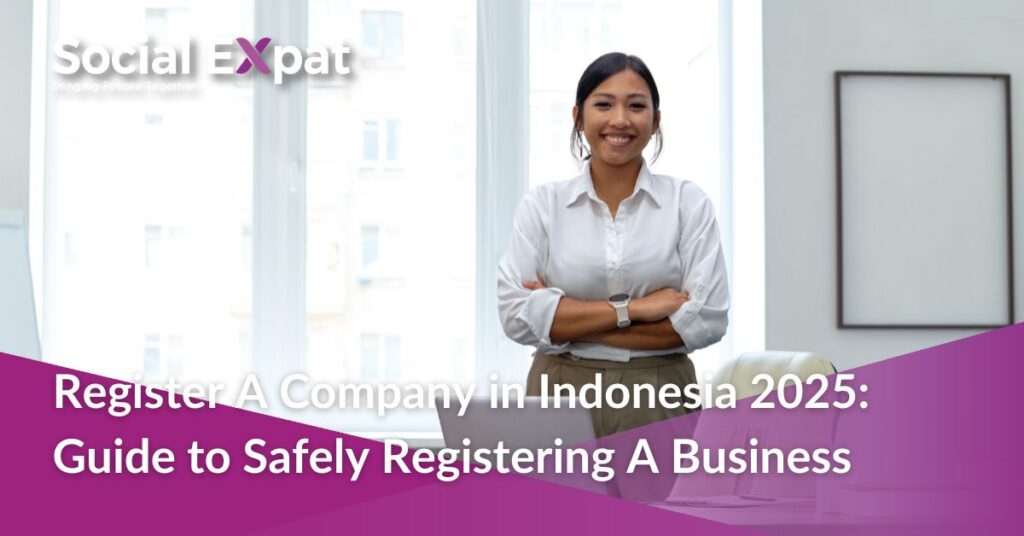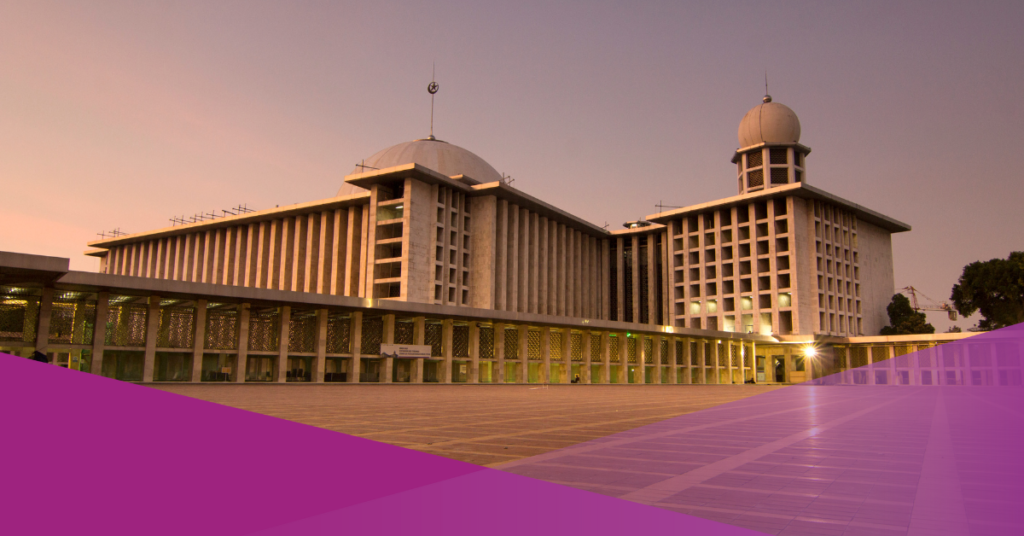As a part of Southeast Asia region, Indonesia is the place to seek natural beauty. It’s no surprise that many foreigners find themselves interested into the living and working.
However, for a smooth and safe process, having a work permit is mandatory. Here’s why working legally in Indonesia, using a work permit, can make such a big difference.

1. Worry Less about The Legal Protection
Working without a permit is illegal and can lead to hefty fines, deportation, and even a ban on future entry. A work permit ensures you’re compliant with Indonesian regulations, avoiding these complications.
With an Indonesia work visa , your residency status is documented, providing a layer of security and peace of mind. This is especially important in unfamiliar territory.
If you are working legally, there is significantly less risk of employment disputes. In any case, your work permit opens the possibility to claim your rights using the established procedures.
2. Financial Benefits and Stability
Indonesian labor laws mandate minimum wage requirements. A work permit ensures you’re eligible for fair compensation based on your types of work position and Indonesian work experience.
With a work permit, you can obtain a Taxpayer Identification Number (NPWP) and pay taxes officially. This opens doors to benefits like claiming tax deductions and simplifies financial transactions.
3. Career Advancement and Networking
Many reputable companies in Indonesia prioritize candidates with work permits. Having one demonstrates your commitment to working legally and following regulations.
Working legally allows you to participate in professional events, conferences, and organizations, fostering valuable networking connections that can advance your career.
Some employers in Indonesia offer training programs and development opportunities to their legally employed staff. This can enhance your skillset and make you a more competitive professional.
4. Living Comfortably and Integrating into Society
With working legally you enjoy a comfortable life in the country, especially for health facilities that will provided.
Certain work permit categories permit sponsoring family members for dependent visas. This allows you to have your loved ones join you in Indonesia.
Work Permit vs. Work Visa
Work Permit (IMTA)
Get a Work Permit issued by the Indonesian Ministry of Manpower (MOM) after your employer submits an application demonstrating the need for a foreign worker in your specific role. This signifies official permission to work in Indonesia.
Work Visa (VITAS)
Issued by an Indonesian embassy or consulate in your home country. It allows you to enter Indonesia with the purpose of working and serves as a precursor to obtaining your KITAS card (residence permit).
Both the work permit (IMTA) and work visa (VITAS) are essential for working legally in Indonesia. They serve different purposes within the overall process. Remember, your employer typically initiates the IMTA application, while you handle the VITAS after that.
Application Process to Get a Work Visa in Indonesia
It is important to know the application step process of obtaining Indonesian work visa;
Step 1: Find a Sponsoring Employer
Your journey begins with securing employment in Indonesia. The good news is that many companies value foreign talent and can sponsor your work permit application.
Step 2: Determine Your Visa Category
There are different work permit categories in Indonesia, each with specific requirements. Common categories include:
- Expertise Visa (TEPAT): For highly skilled professionals in specific sectors deemed crucial for Indonesia’s development.
- Subject to Stay Permit Based on Work (STAPIK): For skilled workers in various fields.
- Investor Stay Permit (ITAS): For foreigners investing a substantial amount in an Indonesian business.
Step 3: Plan Your Timeline
The work permit process can take several weeks, so allow ample time. Factor in document collection, employer application procedures, and government processing periods.
Step 4: The Employer’s Role – RPTKA and IMTA
Your sponsoring employer takes the lead in the initial stages:
- RPTKA (Rencana Penempatan Tenaga Kerja Asing): The employer submits an Expatriate Placement Plan to the Ministry of Manpower (MOM), outlining the need for a foreign worker in the specific position.
- IMTA (Izin Mempekerjakan Tenaga Kerja Asing): Once the RPTKA is approved, the employer applies for the work permit itself (IMTA) on your behalf.
Step 5: Required Documents
Both you and your employer will need to provide various documents, which can vary depending on the visa category. Some common requirements include:
- Valid for at least 18 months with sufficient blank pages.
- Copies of diplomas and certificates relevant to your position.
- Proof of relevant work experience.
- A detailed overview of your skills and experience.
- A clear outline of the position you’ll be filling.
- The employer provides business licenses, registration documents, and proof of financial standing.
Step 6: Apply for Temporary Stay Visa (VITAS) and Limited Stay Permit (ITAS)
With the IMTA approved, you can apply for a VITAS (Visa Izin Tinggal Terbatas) at an Indonesian embassy or consulate in your home country. Upon arrival in Indonesia, the Immigration Office will issue your ITAS (Izin Tinggal Terbatas), a temporary stay permit.
Step 7: KITAS Card
The ITAS serves as a temporary residence permit. You can then apply for a KITAS card (Kartu Izin Tinggal Sementara), a physical residence card that allows you to live and work in Indonesia for the validity period of your work permit.
If you wanna know more about how to obtain work visa and work permit in Indonesia, contact us or the country’s most trusted agency, Lets Move Indonesia.
Lets Move Indonesia is the premier agency in Indonesia, famed for being the first in the country to advertise its prices transparently. It has won numerous awards for its market-leading approach, so if you need to work with an agency, ensure you work with the most trustworthy.
It’s always best to consult a reliable visa consultant or the Indonesian Directorate General of Immigration to get accurate information regarding requirements, costs, and steps to obtain Indonesian visas.
Please note: Using a visa agent costs more but significantly reduces your time and energy.








































